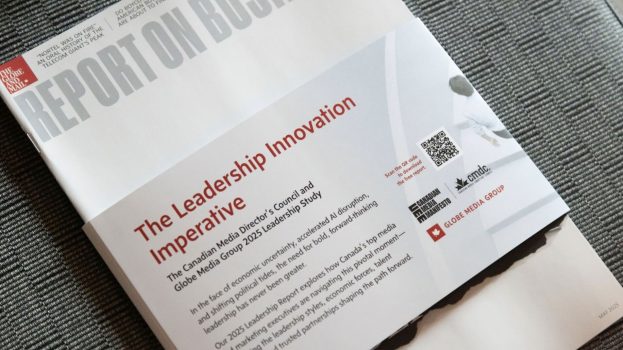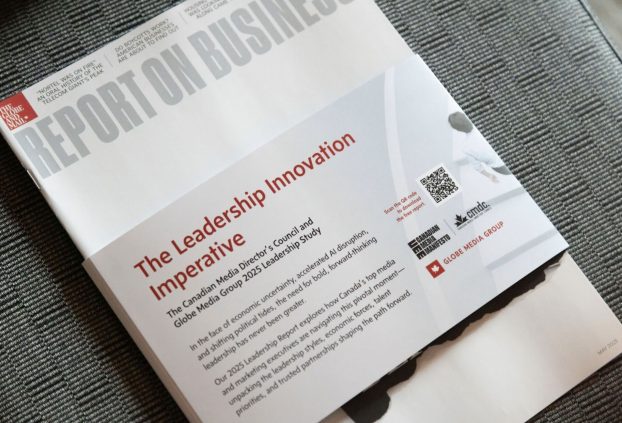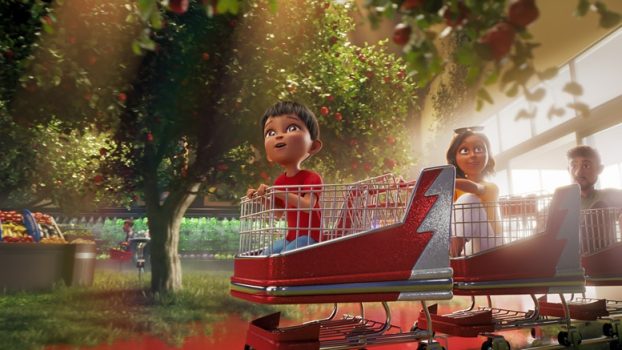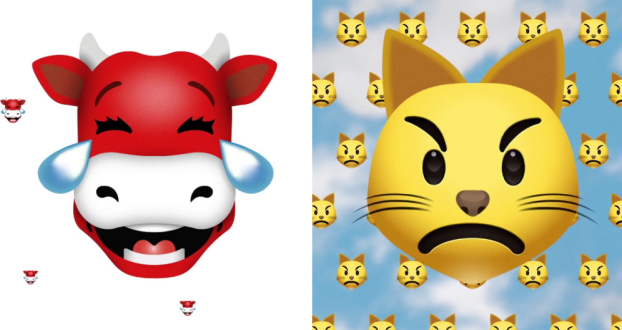It was Benjamin Franklin who said that the only certainties in life are death and taxes. This may explain why funeral directors and tax collectors are never at the top of anyone’s Christmas list.
Funeral directors are perhaps more challenged to improve their brand. The very idea of death is a barrier to branding (when was the last time someone asked you to name your favourite funeral parlour?). But what happens when the idea of death as a social event is changing? In this scenario, the only barriers that exist are those imposed upon the industry by the practitioners themselves.
Those barriers are being breached as boomers age and attitudes toward funerals change. But funeral homes here are not keeping pace. Your typical funeral establishment is family-owned, and has been for decades. A random sampling of names in the Toronto area, for instance, shows three out of four homes have been in the family for over 100 years.
From a branding perspective, that makes for a highly fragmented marketplace populated by local brands. You might expect variety in this scenario, but the opposite is true. Ask yourself how many funeral homes you’ve been in. Was any one of them different from any other? Exactly.
Experientially, your typical funeral home is an awkward way station between the here and now and the hereafter. In Canada, that way station is usually a cross between a Victorian drawing room and a church. This imparts a dusty solemnity to the experience, which tends to keep you focused on the death as opposed to the life of the beloved soul who was your friend or relative.
As a client, you are emotionally coping with loss but are under pressure to make decisions quickly. Thus you are at the mercy of the funeral director. In classical mythology, he would have been the oarsman guiding you across the river Styx. Today, he is the guy who arranges everything: the flowers, the obituary, the cemetery, the music, the chaplain, the burial or cremation, the wake. And his business model is based on being the go-to guy. In other words, his suppliers take good care of him. So he generally likes to do things his way.
But then along come the boomers, who are used to doing things their way. The word ‘death’ is not in their vocabulary. If the dearly departed was an avid golfer, they might want to tee off as a way of saying goodbye. If he or she was passionate about sailing, they may want to hold the service beside a lake, or even on a boat. But it is not in the interests of funeral homes to offer such services, because they depend upon a network of traditional suppliers. They can arrange the flowers, but don’t ask for yacht rental.
Has anyone tried to change this? Some years ago, a Toronto group tried to offer a broader range of services than what was traditionally available. But the group, now called The Simple Alternative, was restricted from doing business by a law that was created in response to pressure from traditional funeral directors. So they had to get a licence to operate a brick and mortar funeral home just like everybody else.
Other markets have fared better. In Venice, California, Lights Out Enterprises will arrange your funeral for you wherever and however you want it. One group celebrated the departure of a loved one with a full-on disco party on top of a mountain.
There have been other efforts to break the supply chain. There is, for instance, an online service called The Casket Depot. It sells – you guessed it – discount caskets and urns. One more chance to bite at the ankles of the funeral director! That would work great with the Wal-Mart crowd.
If we were to brand the funeral experience, the first thing we would do is get rid of the word ‘funeral.’ It conjures up all the dusty imagery associated with traditional funeral homes. So our next-life experience provider would be a brand called something like SPIRIT. The word’s double meaning is a nod to both the spiritual and the spirited.
Some folks want a sacred experience, while others want to celebrate the life of their dearly departed in a more lighthearted way. And some want a combination of the two. The funeral director would be replaced by a concierge backed up by an event planner and an implementation team. The funeral home would disappear. The team would come to you instead, and the events would occur wherever it suited the family.
From an experience perspective, the traditional funeral industry is dead. Time to bury it and dance on its grave.
Will Novosedlik is a partner at Chemistry, a Toronto-based brand management consultancy which links strategy to communication, organizational performance and customer experience. Reach him at will@chemistrylab.ca.























